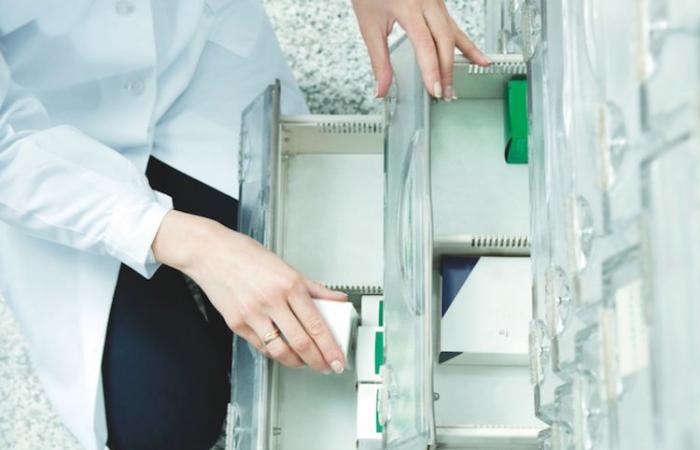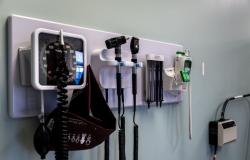During the last 30 days, 284 medicines were unavailable in Belgium. On a daily basis, this unavailability poses a problem for doctors and pharmacists. For Olivier Delaere, CEO of Febelco, the largest Belgian wholesaler-distributor of medicines, it is high time to find solutions to these shortages which complicate the work of doctors and pharmacists.
“We must distinguish two types of drug shortages: those that are global and those that are local,” comments Olivier Delaere. “Global shortages are linked to an increase in demand, significant savings made by the pharmaceutical industry to reduce costs by limiting stocks and production sites, and difficulties in finding certain raw materials. »
The CEO of Febelco maintains that 80% of drugs in shortage in a country are available when crossing the border. “The origin of local shortages is multifactorial. The price of the drug plays a determining role for pharmaceutical companies when they choose the markets where they will distribute their products. Initiatives taken by authorities to enforce legislation also play a role. »
Quotas for commercial reasons seriously disrupt the work of pharmacists. “This should be a daily fight for the Federal Agency for Medicines and Health Products (FAMHP), because it is no longer demand, based on patient needs, which creates supply, but financial considerations which means that drug stocks are delivered or not. »
“All pharmacists spend several hours a week searching for medications because some are not available. They can, in very specific cases, substitute. Typically, they have to call doctors back to change their prescription. Which further complicates the work of the medical profession,” notes Olivier Delaere.
More transparency
Via Pharmastatut, pharmacists, wholesalers-distributors and pharmaceutical companies can communicate information on the unavailability and marketing of medicines in Belgium. Olivier Delaere believes that this application must be better powered and that we must be truly transparent about the number of medicines unavailable. “You have to tell the truth. Otherwise, we will not try to resolve this problem. »
“Currently, 8% of the 10,000 drugs sold in Belgium are officially unavailable. As a wholesaler-distributor, our perception is that this shortage is between 10 and 12%. We are seeing delivery refusals that reach these rates. »
Impact financier
Olivier Delaere is convinced that there is no miracle solution to the problem of unavailability. “You have to take several initiatives at once. The reindustrialization of Europe is a macro solution to reduce this problem. Creating better coordination between Member States on product transfers and drug prices are also avenues,” says the wholesaler-distributor.
“At the local level, several measures could help pharmacists and doctors. First, we must improve the functioning of Pharmastatut. Second, the pharmaceutical industry must be more transparent so that the FAMHP can anticipate shortages and seek alternatives. This will also allow the competition to adapt. Today, the only player who is truly transparent about its stocks and delivery is the wholesaler-distributor. Every month, we provide our stocks and sales by allocation categories (pharmacies, hospitals, exports, etc.). It is also necessary to enforce delivery regulations, including those on deadlines and stocks. Third, we must also be more transparent about the prices of medicines, particularly those subject to secret contracts. Fourth, and I am speaking from my side, the authorities must support the wholesaler-distributor, who is the actor with the largest stock of medicines in Belgium and distributing them. We have a public service mission which is not recognized. In ten years, the number of wholesalers has fallen from 13 to 3, because our margins have been greatly reduced. Fifth, shouldn’t pharmacists be given more freedom so that they can dispense one drug in place of another when it is not available? Parallel import is also an avenue to explore. »






